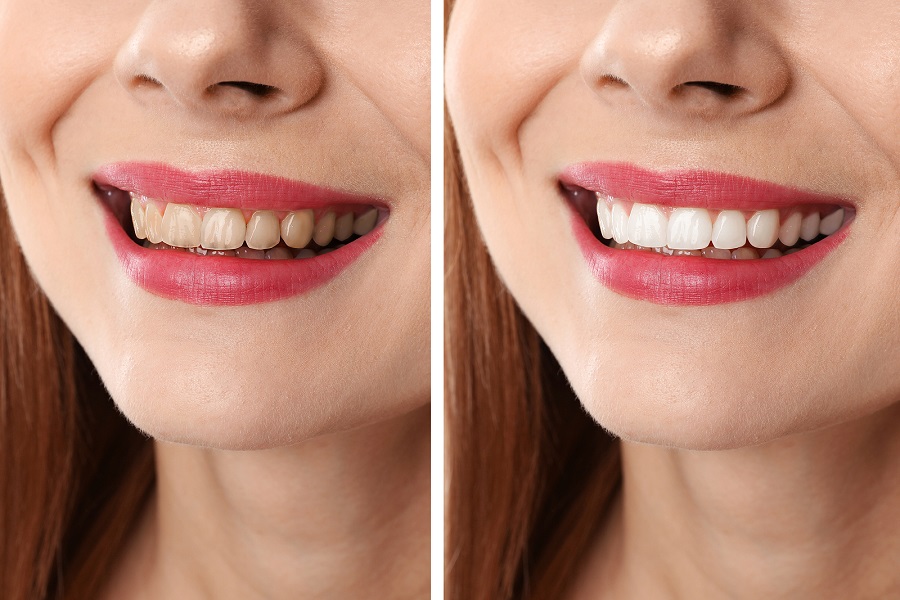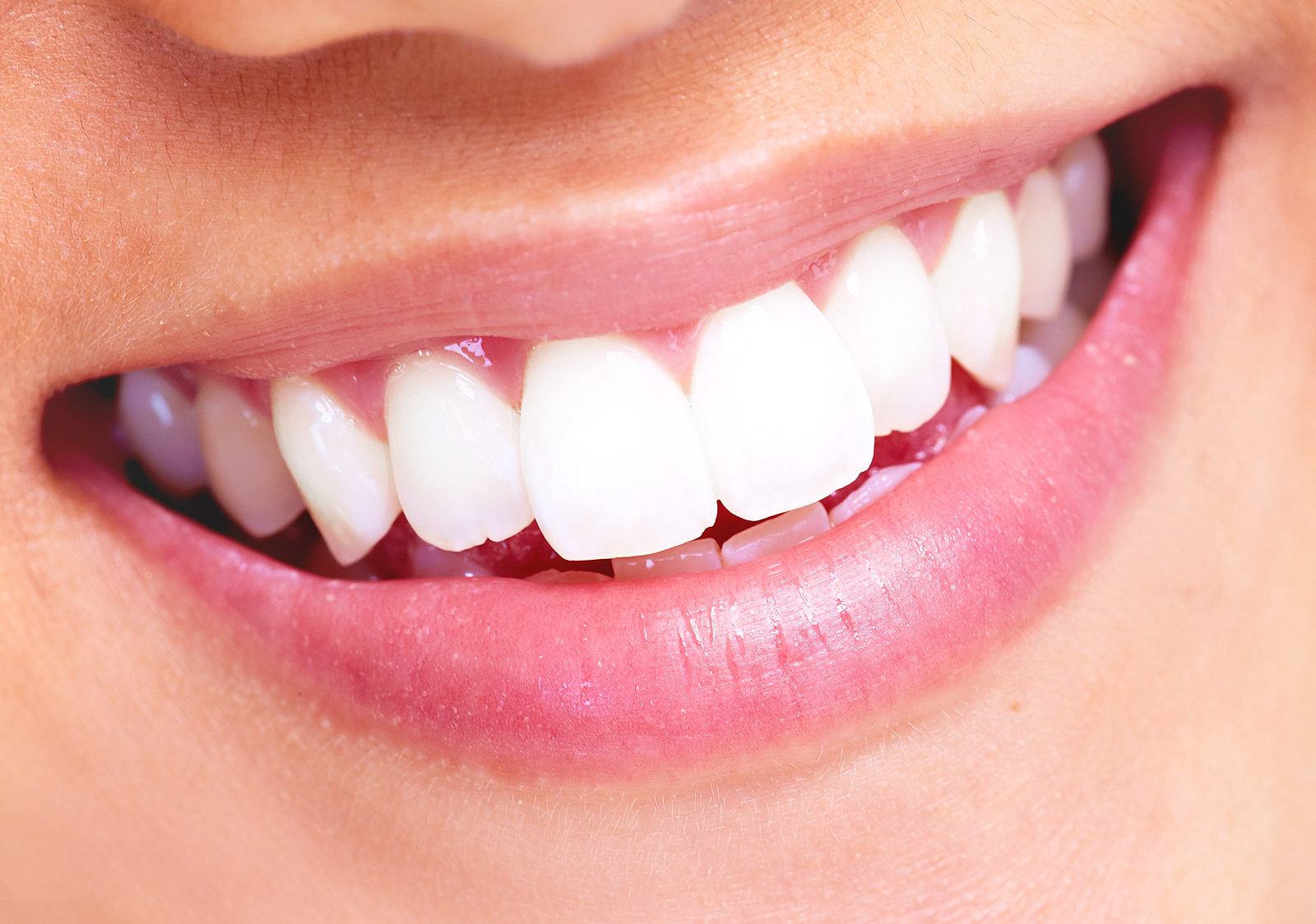DO I NEED AN ELECTRIC TOOTHBRUSH?
Toothbrush technology has come a long way. Within less than a century, people went from using brushes that contained animal hair (horse and pig) to motorized devices that can clean themselves. We should all be thankful for the fact that we no longer have to brush our teeth with the fur of animals. Even the cheapest models are of much higher quality than these pre-modern tools. That being said, do you really need to buy the best of the best? Won’t a cheap pack of manual toothbrushes do the job just as well? These are important questions to ask, namely due to the fact that the sheer price of some high-end toothbrushes tends to be over $100. What are the pros and cons of electric brushes, and do they have any true advantages over their non-motorized counterparts? The answer is yes and no (of course), because it takes into account the realization that not everyone is the same. We are all unique, as are our mouths. Oral care is not a one-size fits all kind of thing; this is evident in the fact that some people are better off using fluoride toothpastes, while others may need to use products made for sensitive teeth. Thus, determining whether an electric toothbrush is the right choice for you will depend on your individual needs. If you are uncertain of what model to choose, simply ask your dentist. No one knows your mouth better than your dentist (if you stay current on your routine check-ups that is). There is no doubting the popularity of electric models, but this doesn’t necessarily mean you have to have one. At the very least, you are always free to test the market and see what works best. If you feel a manual brush does a good enough job, then by all means keep using one.
The Pros and Cons of Electric Toothbrushes
- The handles on these brushes are generally larger and more comfortable; this also means you may be allowed greater control during the cleaning process.
- Dentists recommend brushing for two minutes, which is probably why most electric models come equipped with an automatic timer that goes off at this interval.
- The head of electric toothbrushes is made to rotate back and forth, which is exactly how you should clean your teeth. This makes them a valuable asset for children and other people who don’t know how to brush the right way.
- Hands-free; all you have to do is hold the handle and let the brush go to work; the ease of use is why most people tend to favor electric over manual.
- The major downside to these types of toothbrushes is the high price they command; however, since you won’t need to replace them like cheap disposable ones, the cost in the long run could very well even out.
You have to remember to charge them every day after use; this is one hassle you don’t need to mess with when using a manual toothbrush. In the end, if you like the convenience of using an electric model to do most of the work for you, and want the confirmation that you brush the correct amount of time every time, then electric is the way to go for you. On the other hand, if you are satisfied with the old-fashioned way of brushing, and don’t want to shell out big bucks for a device, then manual is right for you.






















0 comments